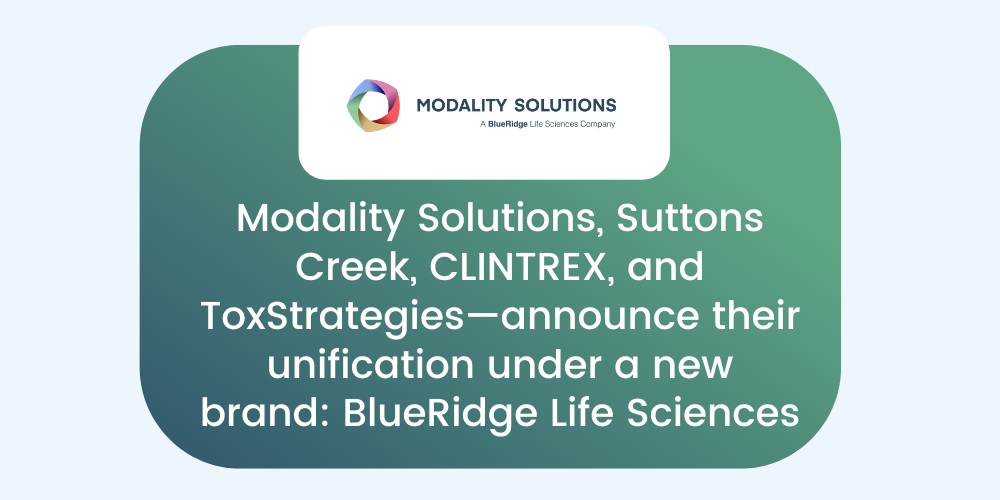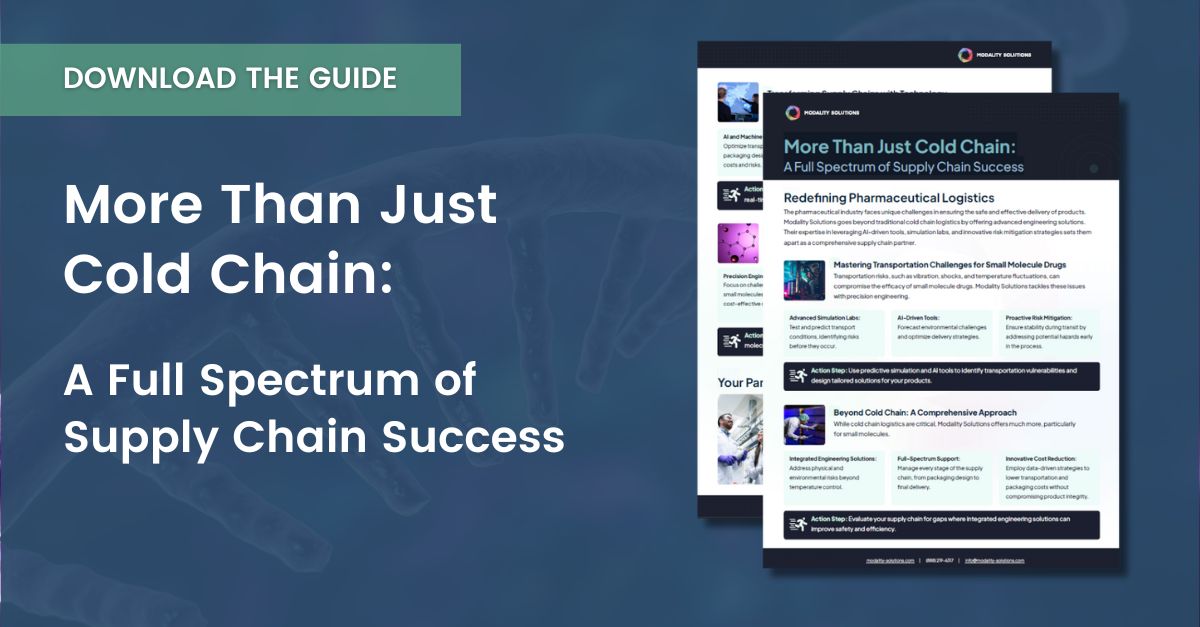How Artificial Intelligence Is Improving the Pharma Supply Chain
Artificial intelligence (AI) will transform the pharmaceutical cold chain — not in the distant, hypothetical future, but in the next few years. As the president of a company that has been actively involved in the creation of an application that will utilize machine learning to generate predictive data on environmental hazards in the biopharmaceutical cold chain cycle, I’ve seen firsthand the promise of this technology.
When coupled with machine learning and predictive analytics, the AI transformation goes much deeper than smarter search functions. It holds the potential to address some of the biggest challenges in pharmaceutical cold chain management. Here are some examples:
Analytical decision-making: Most companies capture only a fraction of their data’s potential value. By aggregating and analyzing data from multiple sources — a drug order and weather data along a delivery route, for example — AI-based systems can provide complete visibility with predictive data throughout the cold chain. Before your cold chain starts, you can predict hurdles and properly allocate resources.
Analytical decision-making relies on companies having actionable data and real-time visibility throughout the cold chain. Just-in-time delivery of uncompromised drug product relies on predictive data analytics. With the help of analytical decision-making, cold chain logistics and overall drug cost, patient risk, and gaps in the pharmaceutical pipeline will be significantly reduced.
For example, BenevolentAI in the United Kingdom is using a platform of computational and experimental technologies and processes to draw on vast quantities of mined and inferred biomedical data to improve and accelerate every step of the drug discovery process.
Supply chain management (SCM): A 2013 study by McKinsey & Company detailed a severe lack of agility in pharmaceutical supply chains. It noted that replenishment times from manufacturer to distribution centers averaged 75 days for pharmaceuticals but 30 days for other industries, and reported the need for better transparency around costs, logistics, warehousing and inventory. Assuring drug efficacy, patient identity and chain of custody integrated with supply chain agility is where the true value of AI lies for the drug industry.
DataRobot is an example where the agile pharmaceutical supply chain can be implemented with an AI platform powered by open-source algorithms that are able to model automation by using historical drug delivery data. Supply chain managers can build a model that accurately predicts whether a given drug order could be consolidated with another upcoming order to the same location or department.
Inventory management: Biomarkers are making personalized medicine mainstream. Consequently, pharmaceutical companies must stock many more therapeutics but in much lower quantities. AI-based inventory management can determine which product is most likely to be needed (and how often), track exactly when it’s delivered to a patient, and provide delivery time and delays or incidents that might trigger replacement shipment within hours.
OptumRx increasingly uses AI/ML to manage data it collects in a healthcare setting. Since becoming operational, the AI/ML system is able to continuously improve itself by analyzing data and outcomes, all without additional intervention. Early results indicate that AI/ML is adding agility to the cold chain already by reducing the number of shortages or excess inventory of drug products needed.
Warehouse automation: Integrating AI into warehouse automation tools speeds communications and reduces errors in “pick and pack” settings. At its simplest, AI predicts which items will be stored the longest and positions them accordingly. With this approach, Lineage Logistics, a cold-chain food supplier, increased productivity by 20%. In another example, AI positions high-volume items so they are easily accessible while still reducing congestion.

FDA Embraces AI and Big Data
Historically, pharmaceutical companies have been slow to adapt to disruptive technologies because of the important oversight role played by the FDA. However, the FDA realizes AI’s potential to learn and improve performance. It already has approved AI to detect diabetic retinopathy and potential strokes in patients, and updated regulations are expected soon to help streamline the implementation of this important tool.
Gain a Competitive Edge
For pharmaceutical companies looking to implement AI into their cold chain, here are some steps to take to become an early adopter:
- Prepare your data, and ensure you own it. You need a strong pipeline of clean data and a mature logistics ecosystem with historical data on temperature, environmental conditions and packaging, as well as any other data you collect during your cold chain. If you don’t have clean data stored, start collecting it now. If you think you have the data, verify that you own it. Some vendors claim ownership of the thermal data their systems generate and don’t allow it to be manipulated by third-party software. In that case, it can’t be combined with other data sources for AI analysis. Either negotiate ownership or change vendors.
- Define your area of need: Where do you need a competitive edge? Start small with one factor that makes a measurable impact on your cold chain. That may be inventory control, packaging optimization, logistics, regulatory strategy or patient compliance. Track metrics and tie them to business value.
- Assemble the right people and verify your internal capabilities. Implementing or supporting an AI/machine learning strategy requires skills that IT personnel typically lack. Consider upskilling your IT team or adding an AI skills requirement for your next new hires.
AI is at a turning point. In the next decade, it is expected to contribute a massive amount of money to the global economy. In the life sciences market alone, AI is valued at $902.1 million and is expected to grow at a rate of 21.1% through 2024. As part of this growth, I believe AI will also make significant contributions to the pharmaceutical supply chain.
This article was authored by Gary Hutchison, President of Modality Solutions and Forbes Technology Council Member. It first appeared on January 31, 2020 on Forbes.com. Click here to view it online.






